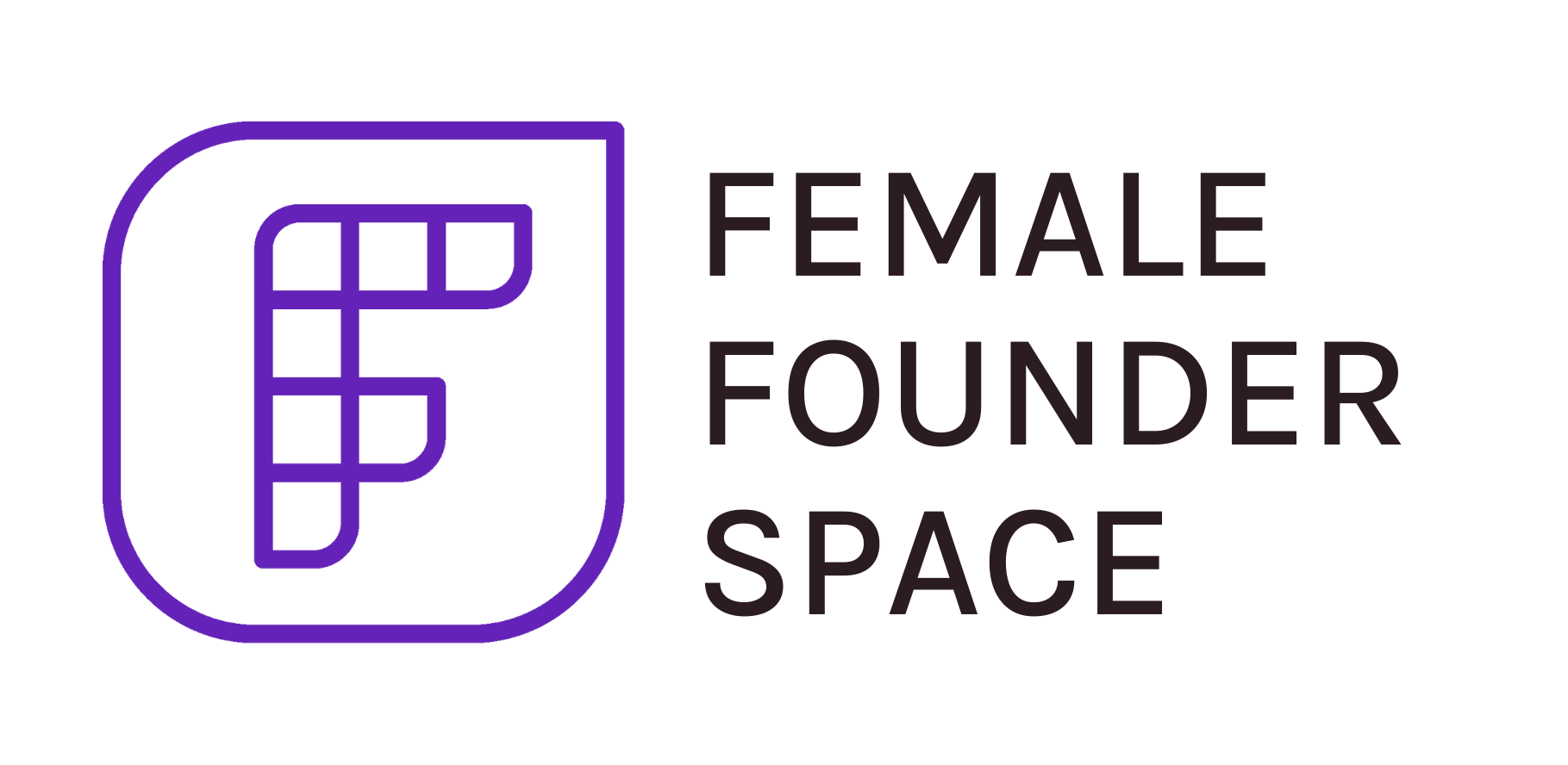6 Steps to Build Your Social Media Presence
-
Why Use Social Media For Your Business
-
Step 1: Choose Your Channels7 Topics
-
Step 2: Create Content for Your Channel3 Topics
-
Step 3: Promote Your Content with SMA
-
Step 4: Analyse Your Social Media Performance
-
Step 5: Build Your Community3 Topics
-
Step 6: Uncover Growth Hacking2 Topics
-
Let's Test Your Social Media Presence!1 Quiz
Tips for Growing Your Community
Transcript
Something I would love to close with, which applies to all businesses and I think a lot of businesses don’t think it applies and don’t think about it, is when you’re running a Facebook or other community, any kind of digital community on Instagram, social media, or even in real life in your business. A lot of people are so focused on it as a marketing strategy, as a way to build customers that they are remembering or actually considering that they are by nature of what they’ve created, a community leader. And there’s more responsibility in that that I think people tend to take into consideration. So for example, I was just running a Facebook group for moms, like a side hobby with no thought about it. You know, just jump in my group, chat about diapers, formula, you know, drop funny memes to each other. Ha ha ha. And you know, when serious topics would come up people would sometimes get angry or rude or lash out at each other or say something racist. That was like the number one thing that I felt like I didn’t have the ability to handle and I would just delete it, you know, Oh, that’s really rude. Delete, delete. And I did that for six years and that’s what I see most people doing if they’re running some kind of social media group.
Facebook is typically my example, that if they see something rude or racist and I see all the reels on everybody. There’s the automatic rules that Facebook writes for you that say like, you know, we have these social justice guidelines and we don’t, we don’t allow this, that or this. I have found that that’s the extent of what people do. They have the little rule that says we don’t allow X, Y, Z, but they don’t have any understanding around how to actually create a safe environment because hitting the delete button is really easy and really quick, but it actually isn’t solving the problem. And let me try to explain that because this is a whole hour long talk that I normally give and trying to condense it. So let’s say somebody does say something racist and you delete it. Well that person is still there and everyone who saw that comment before you deleted it is still there. And by deleting it, you have not addressed it. You have just swept that under the rug and the dirt, the felt and the hurt is still there. And your community members still feel unsafe. This is something that was really hard for me to learn.
And it took a friend, a good friend saying that my group felt unsafe to her as an African American because I delete racist things for me to get it. And so for the last four years, our group is run in a different way. We don’t delete things that violate our social justice guidelines. We address them with education. And so it’s right in everybody’s face. And if the person doesn’t want to be educated, they’re removed. But the education and the conversation and the difficult, tricky dialogue remains. We also let people get angry. So if somebody says something racist and out of line, then somebody is allowed to respond with anger. Correcting that or asking everybody to be polite is called “tone policing”, which I think people need to really understand that once you’ve built a community, even if it was done for commercial reasons or you know, to build your client base, you’ve built a community, it might just be a Facebook group, but you’ve done it and you’ve created a capsule and a, an a realm.
And I think it’s business owners responsibility to get a clue around creating a safe space, which means not just having phony rules that say you’re going to, you know, delete things that violate social justice, but that you actually have an understanding and do some work on your own inner biases, on your own understanding of social justice. And it’s a lifelong journey. I’ve taken like 10 workshops and read like 15 books and about 5 million articles and I still feel like a complete new to it all. So I think people need to have an awareness that they are a community leader when they are building community, whether it’s a crafting community or bullet journaling or health and wellness or a meditation group, it could be a yoga group. I feel like a lot of people think they’re off the hook because they’re doing something that’s so, feel good or health and wellness related or spiritual that there’s not going to be a need for social justice policies and procedures. But it happens in all communities across all industries. And so that is my biggest ask of community leaders is to take responsibility and ownership in creating a community that is a safe space. And that takes doing some work behind the scenes and having a strong social justice guidelines and a glossary maybe of definitions and terms of what’s not allowed and an explanation when that does happen. So people get what it is.
